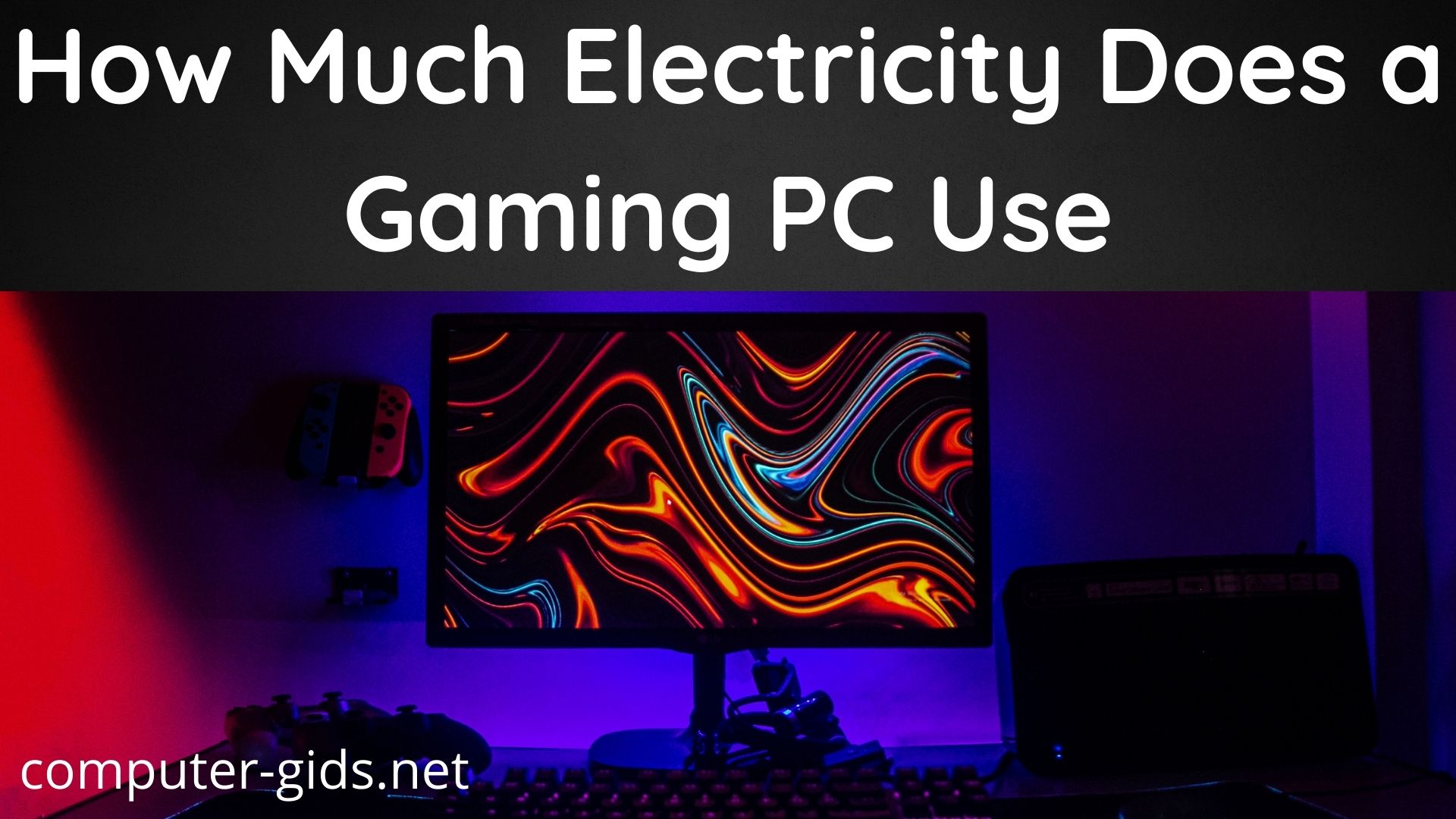The discerning user of a gaming PC should be cognizant of its power consumption. Typically, the wattage draw of a gamer’s personal computer falls within the range of 200-400 watts, although a more robust system will exhibit an even greater appetite for electrical energy.
To accurately ascertain the exact amount, it is necessary to possess knowledge of each individual component’s specific technical specifications. To obtain a rough estimate, one may employ a web-based calculator, or alternately, purchase a power meter and directly measure the users themselves.
The electricity demand of a gaming PC is akin to that required to operate twenty-five ordinary electric power plants, which formerly would have sufficed to power entire cities. This phenomenon can be attributed largely to the fundamental contrast in power consumption between consumer-grade computers and top-tier gaming computers. As an illustration, in the state of Idaho, a single kilowatt-hour translates to eight cents, while in California, an entire bill of twenty watt-hours incurs a cost of twenty-nine cents.
A computing machine built for gaming purposes can consume a substantial amount of electricity. The processing unit, which carries out billions of calculations per second, is the primary energy consumer in a computer.
Additionally, other components such as RAM, case lighting, hard disk drives, optical drives, and fans also require significant amounts of power. However, the power consumption of certain peripherals such as the mouse and keyboard is relatively low, in comparison to a gaming PC.
On average, a gaming PC utilizes between 250 and 400 watts of electrical energy per hour. However, during intense gameplay, power consumption can surge to 600 watts. It’s important to note that the actual amount of electricity consumed by a gaming PC is contingent on the game being played.
The quality of the game dictates the power draw. For instance, games such as Rocket League and Hunt Showdown necessitate more than three hundred watts, while others require a lower amount.
The consumption of energy by a gaming PC is not consistent, as it can vary significantly depending on the machine’s quality and performance. A top-of-the-line gaming PC may consume up to 1,400 kWh annually, while six standard PCs only consume approximately 50 kWh, which translates to roughly 250 pounds of CO2 emissions per gamer.
However, it is the average gamer who must bear the responsibility for the substantial energy consumption of their gaming computer, despite the increased energy usage.
Moreover, a gaming PC can consume up to ten times as much electricity as a typical computer. It is essential to note that the average energy consumption of a gaming PC far surpasses that of a standard PC.
The power consumption of a gaming rig may exceed that of a standard PC due to the nature of its usage and performance. For example, mining cryptocurrency on a PC can consume a significant amount of electricity. Alternatively, a typical gaming rig may use as little as one watt per day.
A gaming personal computer ( PC) consumes an immense amount of power, equivalent to three refrigerators. In comparison, a standard PC only requires around six watts.
Certain games may even consume up to two gigawatts of electricity, thus necessitating more power than a typical desktop or laptop computer. A high-end gaming PC will also necessitate more energy than a low-wattage PC.
To optimize power-saving options, it is recommended to use the sleep and hibernate features available on your PC. Shutting down your PC every time you leave for a short duration is unproductive. Instead, leave your computer in sleep mode, which automatically deactivates most of its components. Additionally, unplugging any nearby electrical appliances can help conserve power.
A gaming PC’s power consumption typically far exceeds that of a standard PC. In the United States, electricity costs around 13 cents per kilowatt-hour (kWh). Therefore, a 1000-watt-hour PC will consume roughly three kilowatts of power in an hour.
The average cost of power for a gaming PC depends on the Thermal Design Power (TDP ) of each component, with the highest value prevailing in the United States.


8 thoughts on “How Much Electricity Does a Gaming PC Used?”